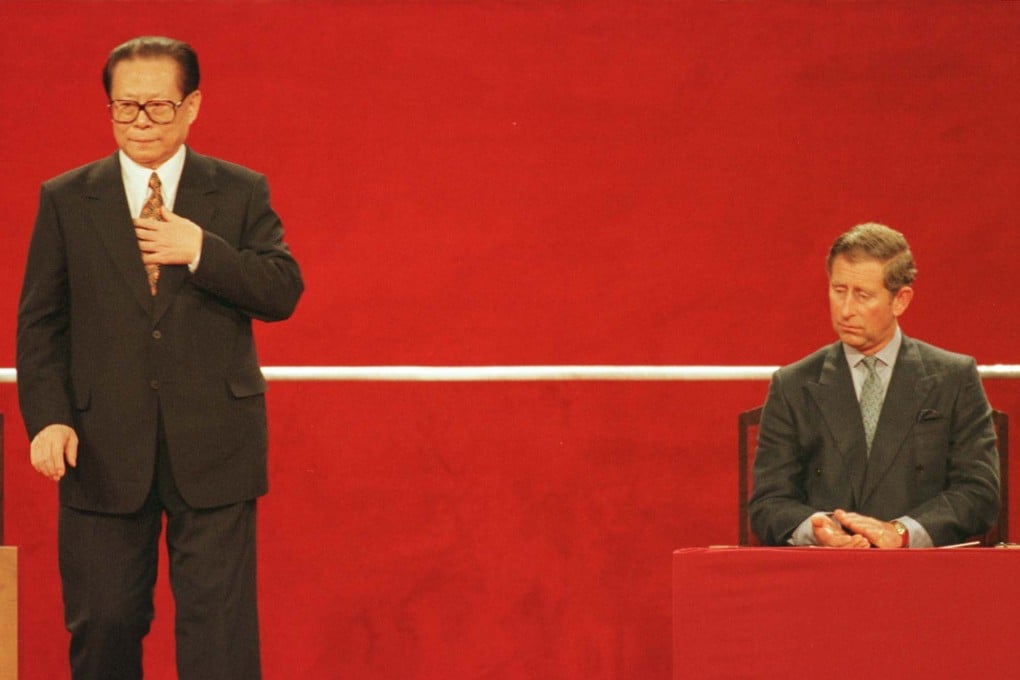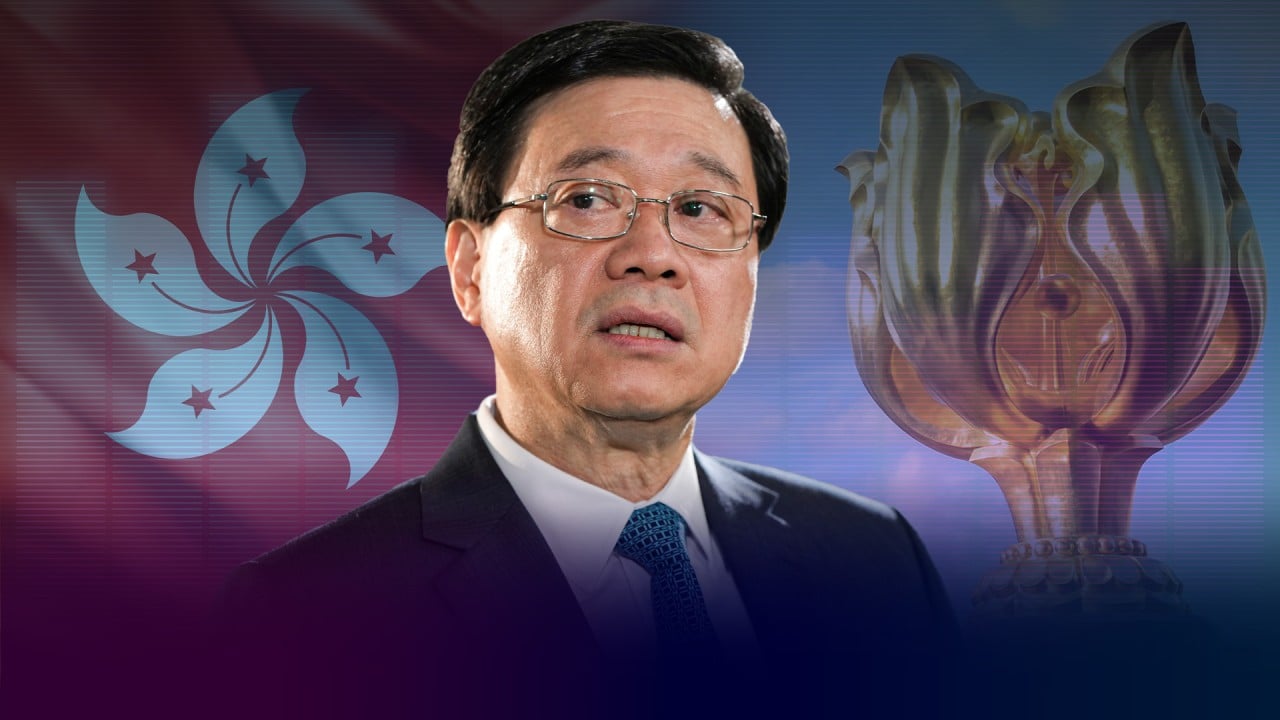My Take | Values that make Hong Kong unique just as important as they were in 1997
- The core values including a high degree of autonomy, an independent judiciary and the protection of rights should not be forgotten

The morning after the night before. I remember it well. Freewheeling, shamelessly capitalist Hong Kong awoke on July 1, 1997, bleary-eyed and little hungover, to find itself part of communist China. A new era had begun.
There had been celebrations, protests, parties and fireworks, amid unrelenting rain. But as early risers watched the People’s Liberation Army roll across the border, most of us were unsure what the future held and how the imaginative “one country, two systems” concept would play out.
The Sino-British Joint Declaration of 1984 established that Hong Kong would become an inalienable part of China. But it would enjoy a high degree of autonomy with its own government, legislature and independent judiciary. Capitalism would continue, as would the common law legal system. Rights and freedoms were to be protected.
These principles were enshrined in a Basic Law in 1990. It was not an easy process. Political divisions emerged between pro-democracy and pro-Beijing camps, sharpened by the Tiananmen crackdown.
By the time of the handover, relations between Britain and China had broken down. Many of the issues that arose in that transitional period have remained contentious ever since. They include national security laws, the pace of democratic reform and the extent to which rights are protected.

